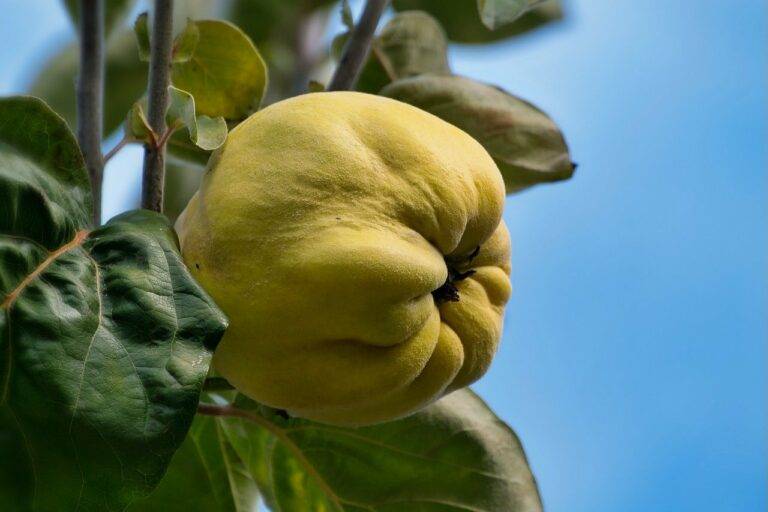Analyzing the Global Spice Trade
Spices have a long and fascinating history that dates back to ancient civilizations. The spice trade can be traced back to as early as 2000 BCE in the Middle East, where valuable spices like cinnamon, pepper, and cardamom were highly sought after for their distinct flavors and medicinal properties. As trade routes expanded and civilizations interacted, spices began to be exchanged across continents, leading to the development of a global spice trade network.
The demand for exotic spices grew throughout the centuries, fueling explorations and conquests by European powers in search of new sources and routes. The spice trade played a significant role in shaping world history, influencing the exploration of new lands and the colonization of territories rich in valuable spices. Along with silk and precious metals, spices became one of the most valuable commodities traded across the globe, establishing a lucrative and competitive industry that continues to thrive in the modern world.
Origins of Spice Usage
Spices have been an integral part of human history for thousands of years. The earliest evidence of spice usage dates back to ancient civilizations such as the Egyptians, who utilized various spices for embalming and religious ceremonies. Similarly, the Mesopotamians also valued spices for their culinary and medicinal properties.
In ancient China, spices like cinnamon and ginger were not only prized for their flavors but also for their believed healing properties. The Chinese used these spices in traditional medicine to treat various ailments and enhance overall well-being. As societies began to trade spices along the Silk Road and other trade routes, their popularity spread far and wide, eventually becoming a symbol of wealth and status among different cultures around the world.
When did the history of spice trade begin?
The history of spice trade can be traced back to ancient civilizations such as the Egyptians, Chinese, and Indians, dating back as early as 2000 BC.
What were some of the earliest spices used in ancient civilizations?
Some of the earliest spices used in ancient civilizations included cinnamon, pepper, cloves, and ginger.
How did the spice trade impact global exploration and colonization?
The spice trade played a significant role in global exploration and colonization, as European powers sought to establish trade routes to obtain valuable spices from Asia.
What were some of the main reasons for the high value placed on spices in ancient times?
Spices were highly valued in ancient times for their ability to preserve food, enhance flavor, and provide medicinal benefits.
How did the origins of spice usage evolve over time?
The origins of spice usage evolved over time as different cultures discovered new spices, developed unique culinary traditions, and expanded trade networks to access a wider variety of spices.





